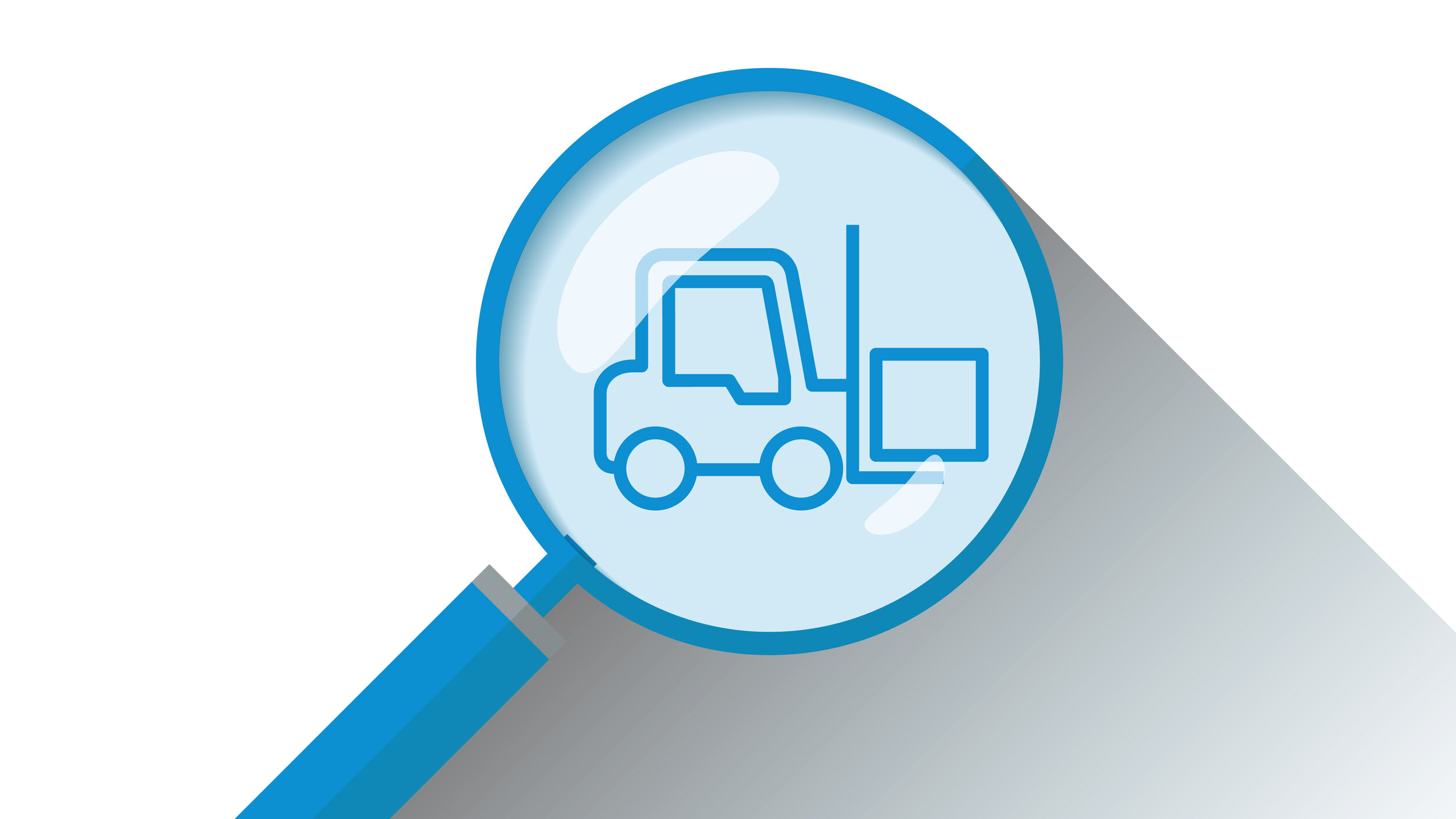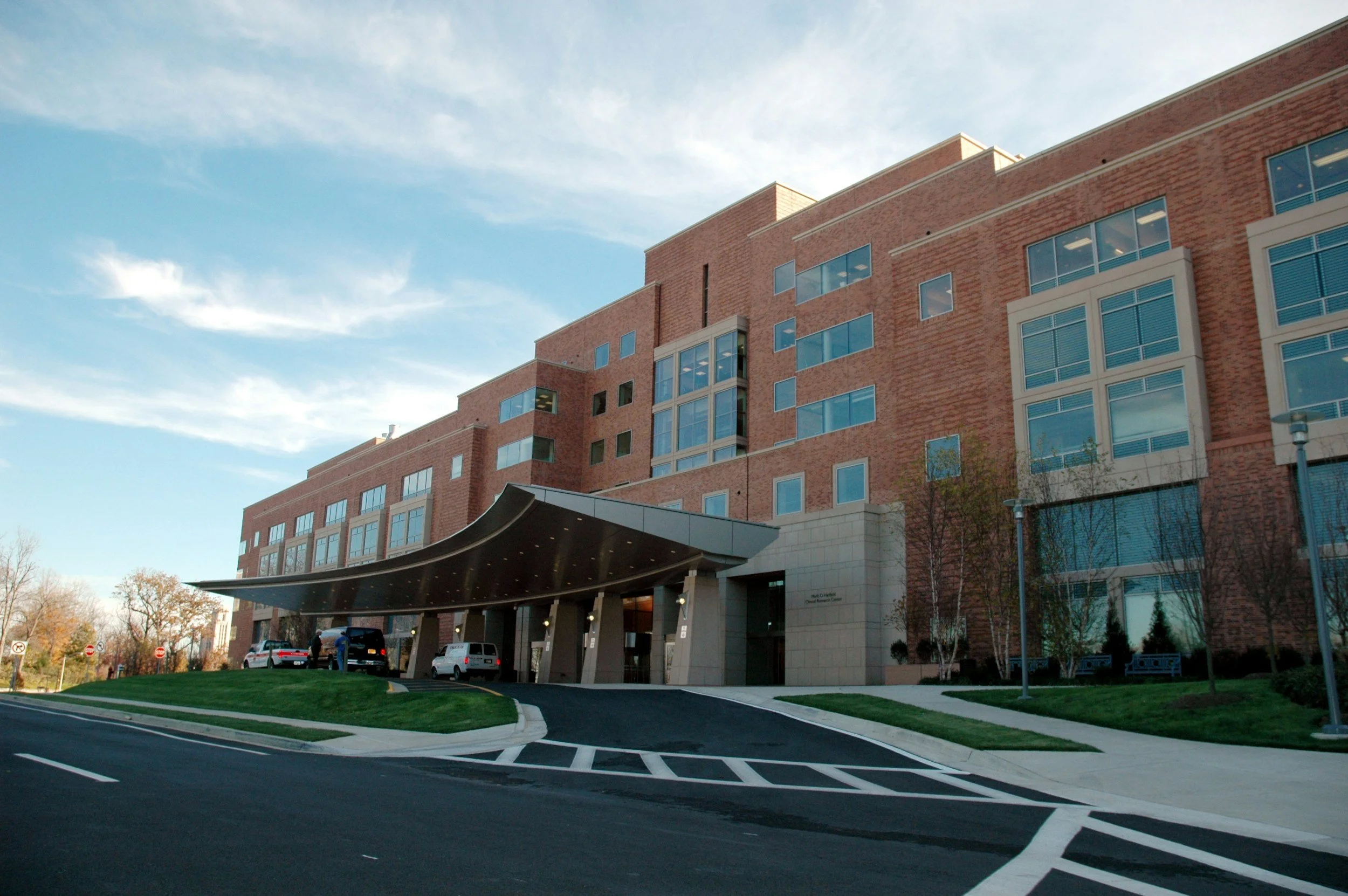How to Find Industrial Real Estate:
Searching for Industrial Real Estate?
Here’s How to Find It
Industrial Real Estate has skyrocketed in demand over this economic cycle.
Technology continues to develop at a breakneck pace, heavily influencing the way consumers can purchase and receive their goods.
This rise of online consumer shopping has not only shifted consumer preferences, but has also forced our supply chain to adapt to newer and faster logistical methods in order to satisfy mounting consumer hunger for delivery.
With the ever-increasing demand for distribution and last-mile space, industrial real estate continues to be one of the hottest commodities in the commercial real estate market.
According to research from CBRE, light industrial warehouses (120,000sf or less) have seen rents increase by a whopping thirty percent in the past five years alone.
And it’s not just light industrial that’s experienced massive rent growth - big-box spaces are also seeing rents increase by nearly fifteen percent in the past five years, which is significant considering the enormous size of these structures.
Even with developers recognizing this trend and making every effort to deliver more and more space, vacancy rates are steadily declining as the demand for industrial real estate cannot keep up with the demand from companies like Amazon and other retail giants.
The overwhelming consumer demand for warehousing space makes finding industrial real estate challenging, so it is important to work with an expert who is well-experienced in your desired industrial real estate market. Here’s how to find industrial real estate:
What to Keep in Mind While Searching for Industrial Real Estate
How Much Space Do You Need?
The first thing to consider is fairly obvious: you need to figure out how many square feet you will need, and how much you can afford.
The space you are looking for should be large enough to house all of your equipment and inventory, and it’s wise to at least consider taking more space than you will need in case you find yourself growing rapidly.
What is the Clear Height?
Clear height will also be an important factor in determining how much space you’ll need.
Taller ceilings will allow you to rack your inventory vertically, which allows you to occupy less space per square foot - crucial if you’re storing material and need to keep your costs down.
How Much Power is Supplied to the Building?
Another point of consideration is the type of power supply that you will need to operate in your space.
Many industrial operations require 3-phase power, so it is important to make sure that your building already has or may be outfitted with such supply.
Shipping and Receiving
How will you load and unload your inventory? Will you need a loading dock?
A lot of industrial buildings already have built in loading docks, but some spaces have only grade level doors.
For a lot of industrial businesses, loading docks are crucial to their operations, so if this is unnecessary for your business, industrial property without a loading dock may be more available on the market.
Is the Warehouse Heated and Cooled?
When you open doors either to load or unload material, there is inevitably a loss of heat.
Many industrial businesses prefer to have radiant tube heating as opposed to forced air gas systems because they typically have higher efficiency rates, since they are heating surfaces in the building as opposed to just heating the air itself.
It is important to ask questions about these systems and to make sure that they are operating efficiently and have had a regular maintenance routine (especially with older units).
What is the Clear Span?
If you have forklifts or other mobile machinery, it is important to visualize the layout for your space and how the columns in place may affect how these machines will be able to move.
Some buildings have shorter column spacing, so preemptively laying out your operation to fit the floor plan is very important in order to make sure that there is adequate spacing between the columns so you can operate efficiently.
Where Should You Locate your operations?
“Location, Location, Location,” a widespread term used in all categories of real estate, especially applies to the search process of finding industrial real estate.
Being close to the highway and having good access to urban areas is very important for many industrial operations, but your operations may be better suited next to a railway, a waterway, or in a more remote area.
how will you access the site?
However, if you have trucks that will need access to your site, it is important to consider how they will be able to access your site from the roadway.
Some sites are poorly designed and have entrances/exits that are difficult for trucks to navigate efficiently, so it is important to make sure that the access works for your operations or may be adapted to do so.
what are your parking requirements?
Who makes up your workforce?
Your employees may need access to public transit, but if they don’t, parking spaces will be necessary for your workers’ commute.
Parking is not typically an issue for many industrial properties, but industrial spaces nearer to downtown, often the last-mile product, likely have limited outdoor space.
should you have emergency shelters?
You will want to make sure your warehouse is safe for your workers in the event of some sort of natural disaster.
Like we experienced here recently in Nashville, a tornado can appear out of nowhere, and oftentimes industrial properties do not have the structure in place to withstand a tornado.
Industrial owners and operators are now taking this into account and are putting things into place like emergency shelters on site for their workers to take cover in the event of one of these phenomenons.
Determine Your Needs before starting the search
Whether buying, leasing or investing in industrial real estate, it is important to consider all of these seemingly small details and more that are specific to your business.
Doing so will ensure that the property will accommodate your needs and allow your business to operate without any barriers.
Finding Industrial Real Estate
Determining your ideal, “picture-perfect” scenario is a great place to start, whether you’re buying or leasing industrial property.
When you begin to look at properties, you will already have a checklist that you can use to weigh the advantages and drawbacks of each respective property that you view, which should make the decision making process less overwhelming than it already can be.
You will save a ton of time by crossing off the properties that don’t match your parameters, and you may even find it more advantageous to find land and to build an industrial building from the ground up if there is nothing that fits your needs.
But now that you have your “checklist,” it is time to take the next step in finding an industrial property. Here’s how to find industrial real estate:
Searching for industrial real estate online
The fastest and easiest way to get a feel for what’s available in your desired industrial property market is to browse through an online resource like Loopnet, Crexi, or CoStar.
These platforms are similar to what you may see when searching for a residential home - think Zillow or Redfin for commercial real estate. These sites are set up so that you can eliminate viewing those properties that don’t match your parameters.
You can adjust your search criteria to account for items like building size, property type, lot size, etc., and you can adjust your search radius for your desired area.
CoStar has the most options for adjusting your search. Their database includes information about almost every commercial property that exists, whether it’s on or off market, but their service is also very costly.
When utilizing these online platforms, we recommend that you allow for flexibility in the numbers that you plug in since it is very unlikely that you will find an exact, perfect match. For example, if your desired square footage would be somewhere between 8,000sf and 10,000sf, it would be a good idea to expand that range to something like 6,500sf to 13,000 sf, although you’ll want to be careful not to eliminate the bigger spaces that may be available that align with your budget.
You may discover that there is a larger space available that falls within your budget.
Drive the industrial areas in your market
Another option to search for property is to do a “market drive” of the area you are looking in.
Most counties have government databases that map out industrially zoned areas within the county. For example, Davidson county provides this data through their website.
By navigating through the map that is provided, you will see industrial areas outlined within the county, which will give you a good idea of where to start your drive.
On your drive, be sure to bring a pen and paper or another way of writing down information that you see on signs that you pass by.
Most brokerages will place signs in the front of their listed properties with contact information, or you may see for sale by owner signs that can look similar to brokerage signs or be as simple as a phone number painted on a sign on the front door. These can be difficult to spot, but will oftentimes be the best way to discover a property that is for sale by owner.
working with an industrial real estate broker
The best thing to do is to find an industrial real estate broker.
It is oftentimes a good idea to meet with a broker before you determine your ideal scenario because they will be able to weigh in with their expertise on product available in the market.
Now is not the time to hire your buddy who is a residential broker in your neighborhood.
You wouldn’t hire an electrician to do the plumbing in your house - same thing goes in commercial real estate.
You will need to find someone who is an expert in their field who knows the market well and can help you with your search and assist you in negotiations once you find your perfect property.
Searching through listing databases like Loopnet or Crexi can be helpful in assessing what is available, but brokers will almost always have a handful of off-market listings that may be for sale or coming to market, which will only expand your options.
Commercial real estate brokers are usually familiar, too, with those properties that are listed as for sale by owner- these brokers are willing to make the phone calls necessary and are experts at making contact with the owners.
While these off-market deals can be sometimes overvalued by their respective property owners, brokers have enough data and expertise to encourage property owners to reevaluate their property’s value by presenting comparable sales and market standards.
This process will help you negotiate with sellers so that both parties to walk away with a fair deal.
Working with a broker will save you from wasting time navigating through the large industrial real estate market, allowing you to focus on your business and avoid the headaches of trying to do it yourself.
It is important to describe the details of how your business’ operation to your broker, so that he will be able to search from a point of view that aligns with yours.
If possible, take your agent on a tour through your property so they can get a feel for your needs.
Going over the details of your operations will narrow down the list of properties that your broker presents to you.
Touring potential properties
Once you find a property or multiple properties that may work for your business, have your broker schedule tours of each property.
On your tours it is important to ask the owner (or listing broker representing the owner) questions about the property. These questions will depend on whether or not you are leasing or purchasing.
Will the landlord help with build-out?
Will there be some sort of free rent period?
If you are leasing space, ask questions to determine what the landlord is responsible for and ask what you will be responsible for- this can include questions about access, HVAC, the structure itself, the roof, etc. Your broker should lead the discussion and make sure that all concerns are addressed.
If you are buying property, you will want to ask similar questions, but make sure to ask about current tenants and leases in place (if there are any), and you can even ask for the property owner’s reasoning in selling his property.
All of these steps will ensure that you know exactly what you are paying for when you go to move your business.
Next steps for your search
Industrial real estate can be a great investment, and finding industrial property in Nashville is no different than the process we just walked through.
There are many wonderful brokers in the Nashville market who are experts at what they do. The Cauble Group has experience in this area and would love to help you find your perfect industrial property or refer you to someone who may be better suited to accommodate your specific needs.
Please reach out to Sam Turner, The Cauble Group’s industrial broker, for any industrial real estate related questions, or if you are interested in purchasing industrial real estate in Nashville.
We have quite a few off-market listings at any given time and are happy to discuss these opportunities with you!
Share This Article:
about the author:
Sam Turner is a Native Nashvillian and currently serves as an Associate Broker for The Cauble Group. Working with investors, developers, and business owners from around the country, Sam is an expert in digging up off-market deals and connecting people. Sam values his relationships with people, and he values the opportunity to be able to play a role in the way his beloved hometown continues to grow.















The ultra-wealthy don’t buy commercial real estate just for appreciation. They buy it because they understand one simple principle that most investors overlook:
👉 It’s not just what you pay — it’s the spread between what you earn and what you borrow.
That spread is called cap rate arbitrage, and it’s one of the fastest ways to scale wealth through leveraged real estate.
Cap rate arbitrage happens when you buy a property at a higher return (cap rate) than the cost of the debt you use to finance it. It’s the difference between the yield your property produces and the interest you’re paying the bank.